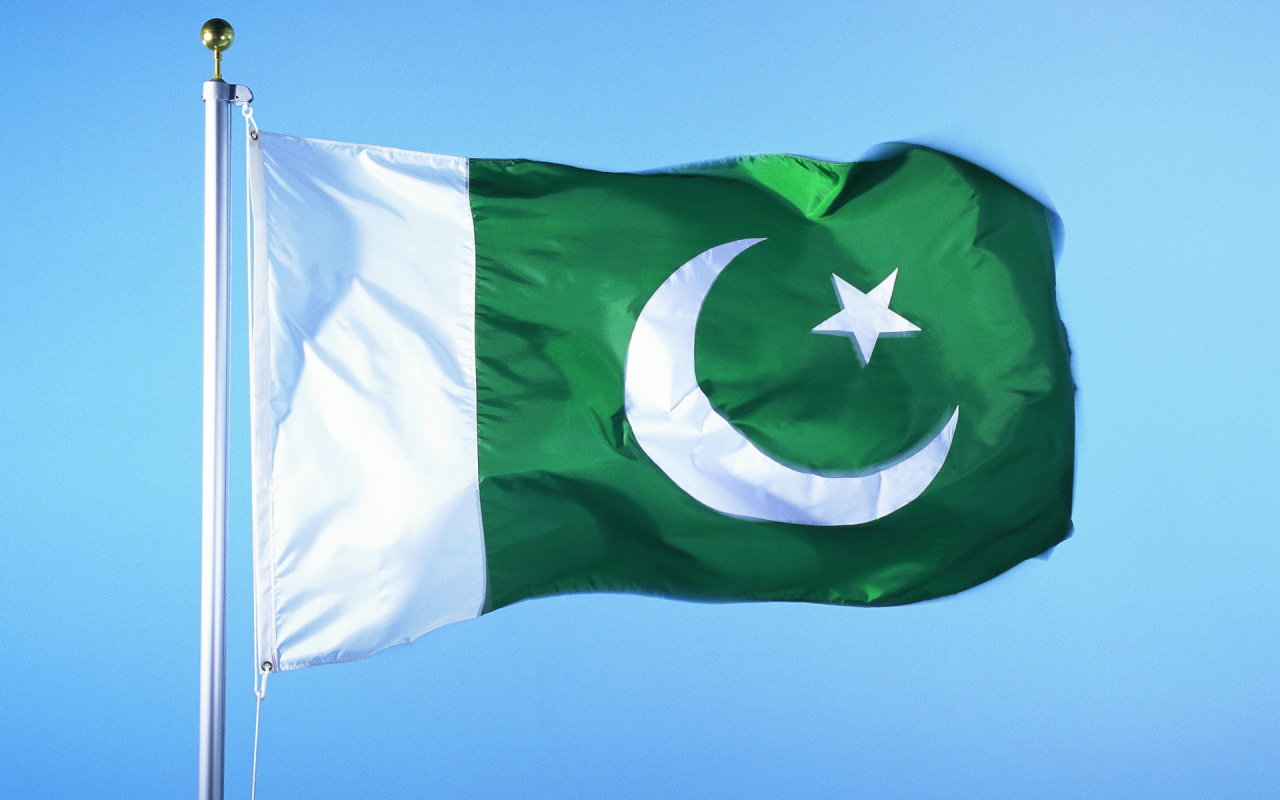A week-long fuel crisis in Pakistan has brought daily life to a standstill in two of Pakistan's four provinces, forcing the country's prime minister to spend Monday seeking an emergency solution, Anadolu agency reported.
Long queues of vehicles have built up at gas stations in the northeastern Punjab and northwestern Khyber Pakhtunkhwa provinces, and in the commercial center, Karachi, where customers complained fuel is being sold at three times the usual price.
Thousands of citizens holding plastic bottles and oil cans lined up outside gas stations in several cities, with fights and arguments breaking out between them and with gas station employees.
Lahore, the capital of Punjab and the country's second largest city, was the worst-hit with several universities and colleges postponing scheduled examinations due to the unavailability of public and private transport.
Other big cities including Karachi, Rawalpindi, Faisalabad and Peshawar were also affected by the fuel shortage.
Prime Minister Nawaz Sharif, who presided over an emergency meeting in the capital, Islamabad, on Monday reportedly gave the go-ahead to the Ministry of Petroleum and Natural Resources to contact Dubai-based trading companies for immediate procurement of petrol and furnace oil.
Sharif suspended the secretary of the petroleum ministry and three other senior officials, holding them responsible for the crisis.
Shahid Khaqan Abbasi, the petroleum minister, refused to step down, saying he was "not at all responsible" for the shortage but that he was ashamed that it had been prolonged. He said the shortage would be overcome by the end of the week.
The week-long shortage, energy experts fear, may trigger a power crisis in Pakistan.
"The shortage was caused by excessive consumption and a gap in supplies," said Abbasi, blaming a 30 percent reduction in petroleum prices in the last two months for significantly increased consumption.
Analysts on the other hand, claim that unpaid dues to petroleum companies, including the state-owned Pakistan State Oil, responsible for half of the country's oil supplies, are behind the shortage.
"This unprecedented crisis is just because of the government's incompetence and non-payment of funds to the PSO for import of oil," said Abdul Sami Khan, chairman of the Pakistan Petroleum Dealers Association.
"The finance minister and the petroleum minister must resign for their sheer failure to foresee and handle the situation," he said.






